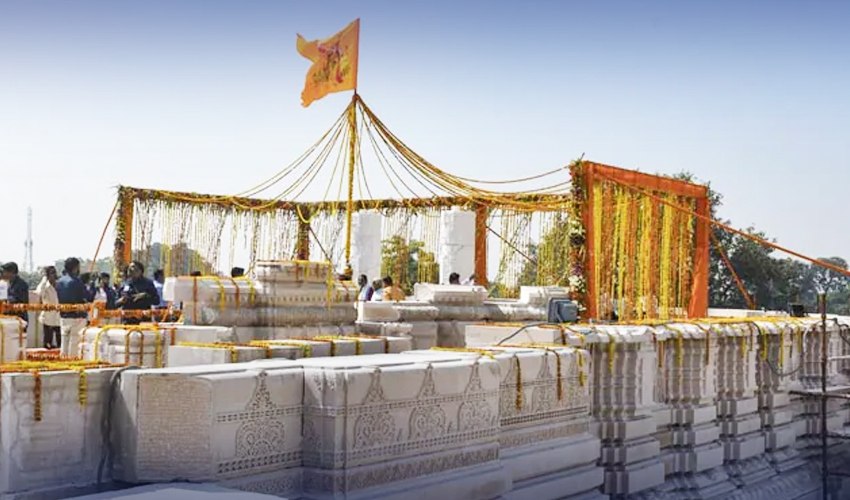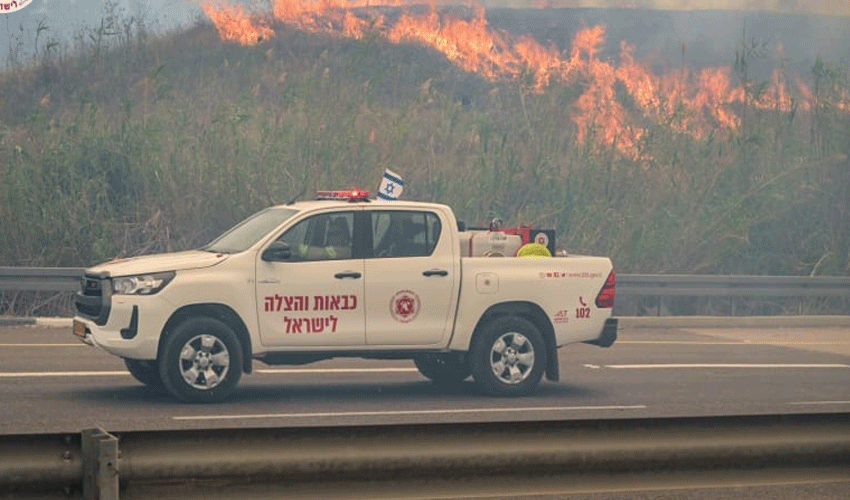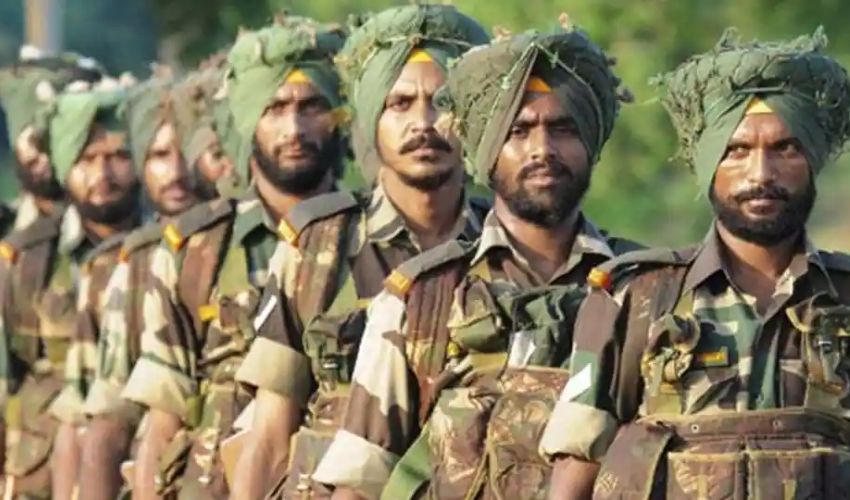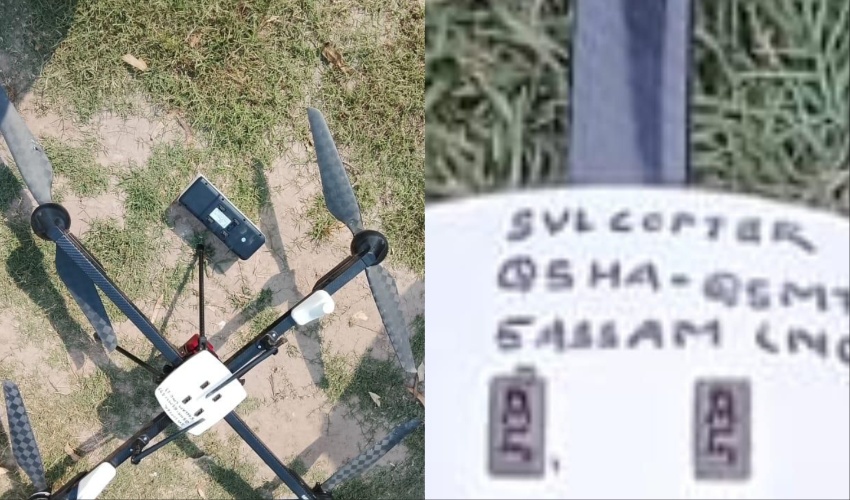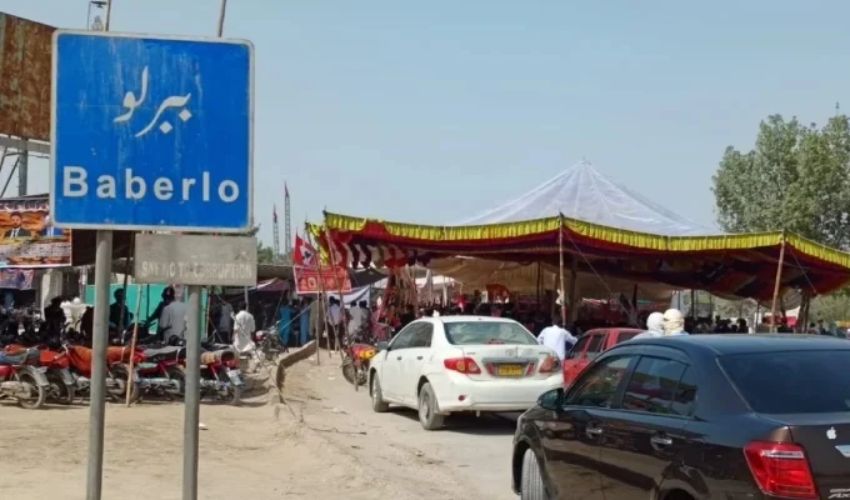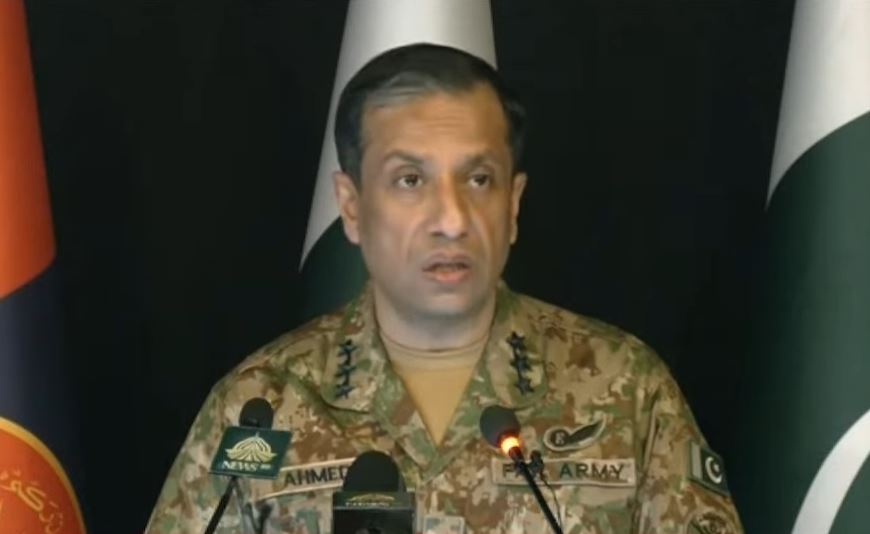India plans to complete the first phase of the Ram Temple, built on the site of the razed Babri Masjid in Ayodhya, in December, and open it to devotees in January.
The construction of the temple site has been a subject of intense contention for many years, with both Hindu and Muslim communities asserting claims to it. Hindus maintain that the site holds deep religious significance as the birthplace of Lord Ram and had been sacred to them long before the Babri mosque was constructed there by Mughals in 1528.
The demolition of the mosque by a Hindu mob in 1992 led to widespread riots that resulted in the loss of approximately 2,000 lives, predominantly among the Muslim population.
In 2019, India's Supreme Court ruled in favor of the Hindu community, granting them ownership of the site and thereby paving the way for the construction of the Ram Mandir. This initiative has received longstanding support from Prime Minister Narendra Modi's Hindu-nationalist party.
Notably, Modi has received an invitation to participate in the prayers at the upcoming opening ceremony, as confirmed by Nripendra Misra, chairman of the Shri Ramjanmabhoomi Temple Construction Committee, during a statement to the press.





